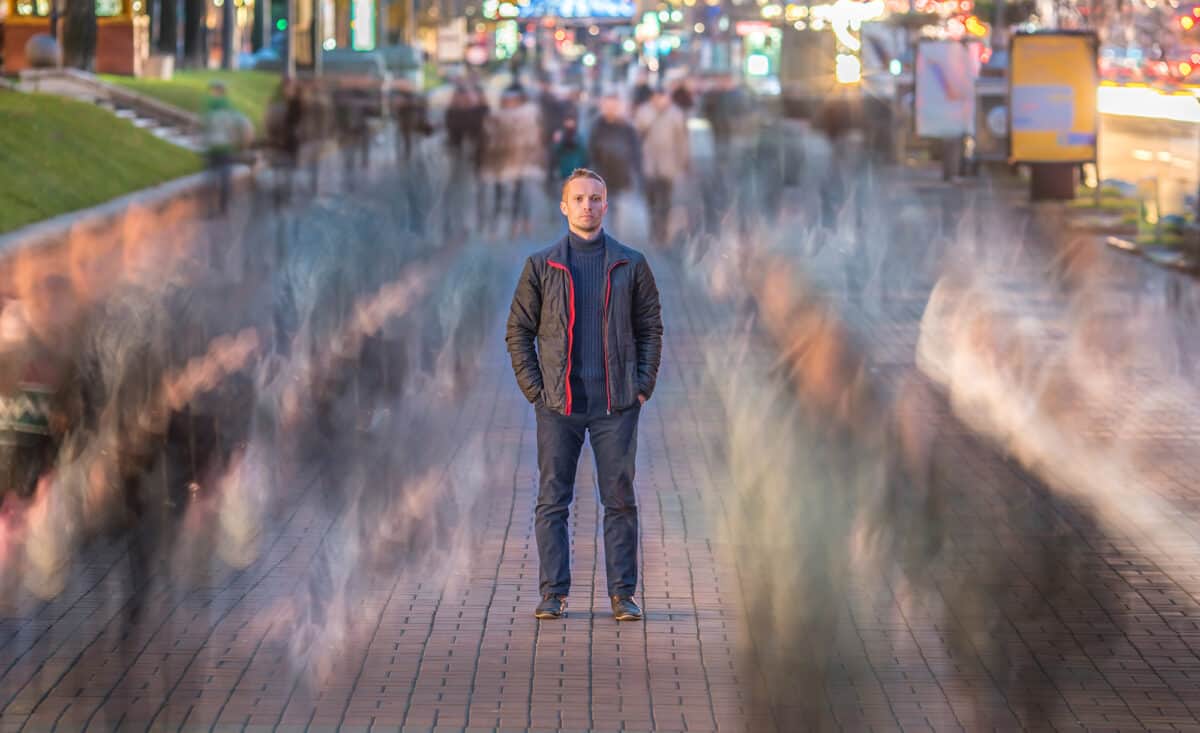A Talk with Andrew Cohen
If we don’t put ego transcendence firmly back on the map, how are we to punch a hole through the walls of our own prison – or even develop the capacity to see the bars that confine us?
At this specific cultural moment, the cultivation of a kind of higher and more radical sovereignty has become the primary goal for many of the most sophisticated, integrally-informed minds of our time. Advanced spiritual seekers now see this as their North Star – the most prized of all attainments.
It really does seem that the ultimate aim of the spiritual path has moved away from ego transcendence, and towards this new form of radical sovereignty. This shift of emphasis reflects a growing sense, within the most sophisticated spiritual communities, that ego transcendence is increasingly irrelevant, counterproductive, or even dangerous.
In this new cultural context, ego transcendence is often conflated with spiritual bypassing, loss of power, and the denial of the individual self-sense. It is equated with a need to avoid psychological shadows and disconnect from one’s humanity. In the new spiritual lexicon, transcendence has become a word that invariably means “denial of self”.
But does ego transcendence inevitably lead to spiritual bypassing as many are claiming? Or could it, in the right context, give birth to a higher state of liberated sovereignty that simply cannot be understood from the limited perspective of the frontal self?
The purpose of cultivating sovereignty is to disentangle ourselves from conditioned thinking, and to free ourselves from blind or unconscious alignment with the minds of others. While this is a rare and important attainment, if we are really interested in being radically free, we must also ask the question, who or what is it that seeks for sovereignty, and why?
The ego habitually and reflexively looks for ways to keep us apart, fundamentally separate from others, even when it doesn’t make sense. This irrational need for separation can be unconsciously confused with the attainment of true sovereignty, so how do we make the profound and subtle distinctions that we need in order to orient ourselves?
Such distinctions are impossible when we are unknowingly imprisoned by the small self. If we don’t put ego transcendence firmly back on the map, how are we to punch a hole through the walls of our own prison – or even develop the capacity to see the bars that confine us?
Andrew Cohen challenges us to consider whether we can realise and attain authentic sovereignty while transcending the personal and cultural prison of the small self. How do we transcend the ego without losing or sacrificing sovereignty in any way? And is it possible to cultivate a kind of sovereignty that is not dominated by the irrational needs of the separate self-sense?
